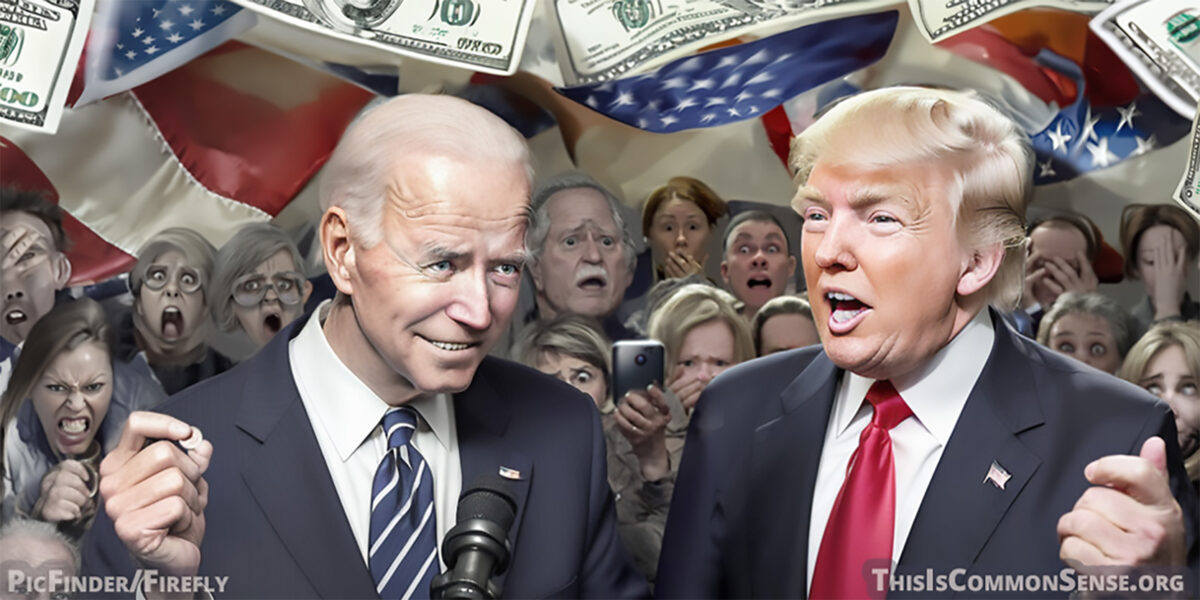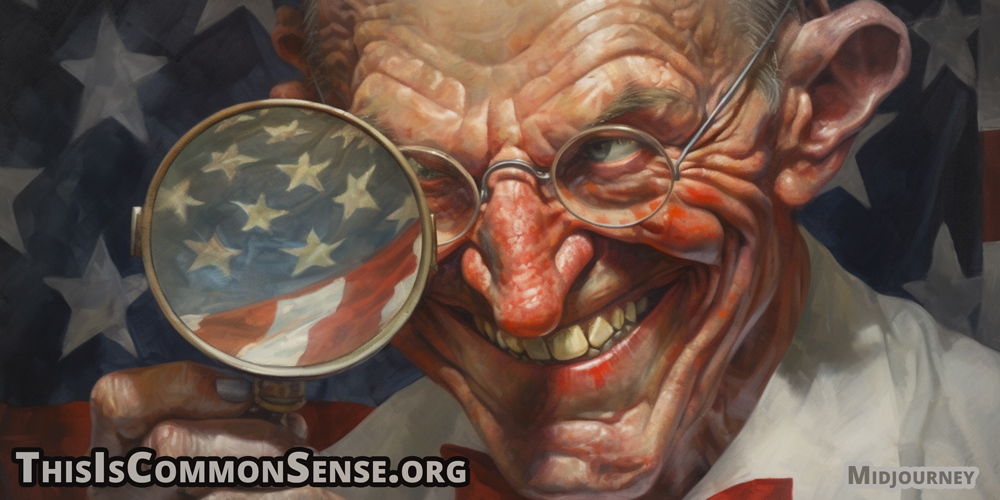“If these corrupt Democrats didn’t have HYPOCRISY,” the Republican National Committee explained, “they’d have NOTHING!”
After months of Biden surrogates savaging former President Donald Trump for the dastardly deed of using campaign monies to cover his mounting legal fees from the plethora of trumped-up indictments brought by partisan Democratic prosecutors, it turns out the Democrats have been doing the same thing.
The BBC noted: “Democratic donors paid at least $1.7m (£1.35m) of U.S. President Joe Biden’s legal fees during the investigation into his handling of classified documents,
“We are not spending money on legal bills or hawking gold sneakers,” Rufus Gifford, finance chair of the Biden campaign, told MSNBC only days before the
Highly questionable that Biden could sell anyone a sneaker, but the other claim was a
“The use of party funds to cover Biden’s legal bills is not without precedent and falls within the bounds of campaign finance law,” the Associated Press article quickly informed, before adding that it “could cloud Biden’s ability to continue to hammer former President Donald Trump over his far more extensive use of donor funds to cover his
How unfortunate! The hypocrisy could ruin the piling on by Democrats.
“Democrats say the cases are nothing alike,” The Washington Post reported.
“There is no comparison,” offered a Democratic National Committee spokesman. “The DNC does not spend a single penny of grass-roots donors’ money on legal bills, unlike Donald Trump, who actively solicits legal fees from
Let’s get this straight: the difference is that Trump is upfront in asking his middle-class supporters for help, while Biden’s money came surreptitiously from
This must be the proverbial dime’s worth of difference between the parties.
This is Common Sense. I’m Paul Jacob.
Illustration created with PicFinder and Firefly
See all recent commentary
(simplified and organized)
See recent popular posts


